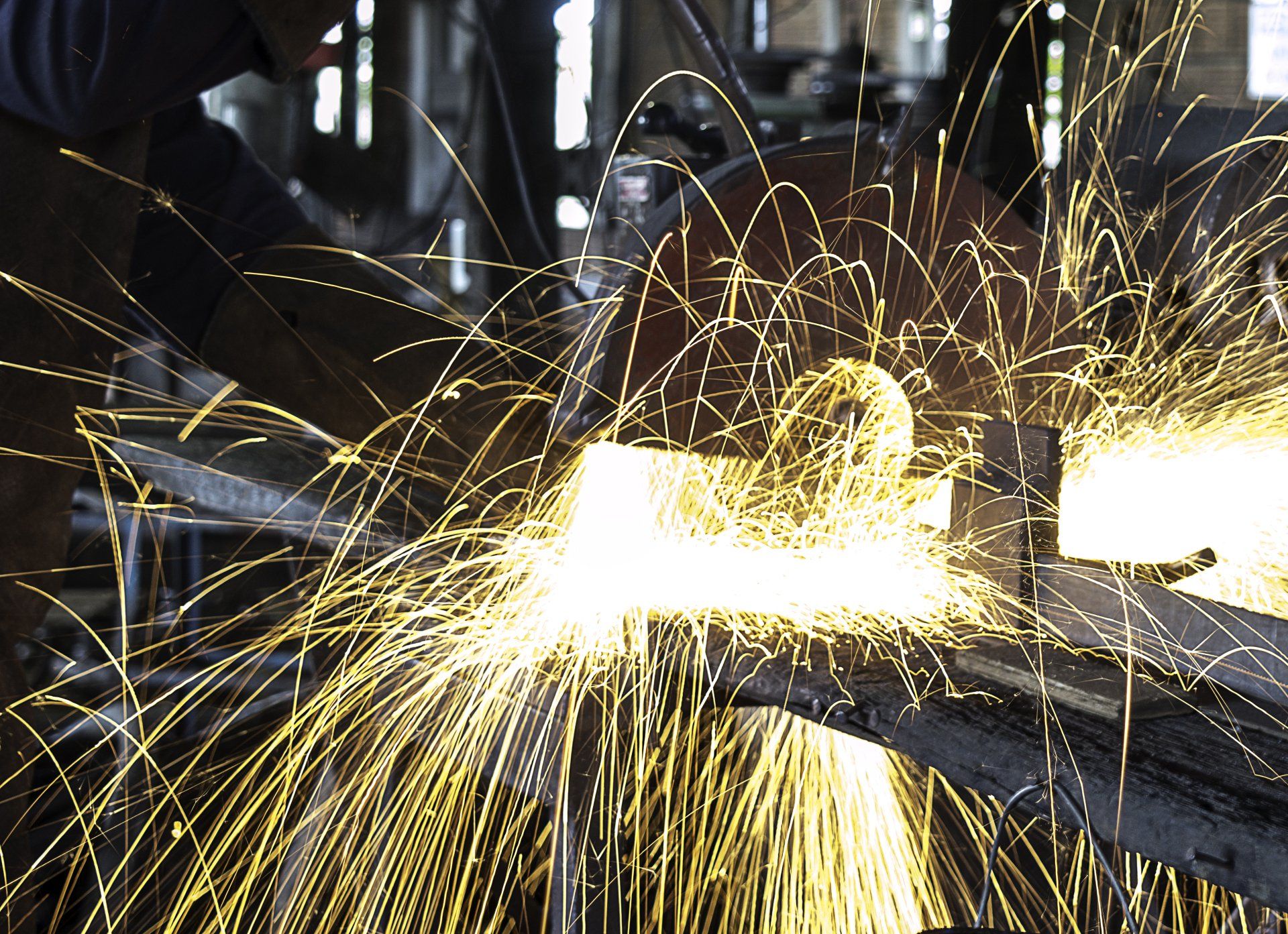What You Need to Know About Uber & Lyft Rideshare Car Accidents
Rideshare businesses provide a meaningful service to individuals who do not have access to their own vehicle, for whatever reason that may be.
In theory, the more rideshare rides we take, the fewer vehicles on the road. However, with an increased popularity in rideshare use comes an increased chance that you may be involved in a wreck while utilizing a rideshare service.
If you were involved in a rideshare accident, whether as a driver or a passenger, seeking compensation can be difficult. You may wish to speak to the Houston car accident attorneys of Lapeze & Johns, PLLC, for help determining who’s insurance could offer coverage.
Who Is Liable for Rideshare Accidents in Texas?
The question of who is responsible for the legal compensation of victims after a rideshare accident in Texas isn’t easy to answer. This is largely due to the fact that the laws regulating these types of business are lagging behind the technology that sustains it.
Rideshare companies hire their drivers as contractors, not employees, so making claims for the losses you suffer can be complex.
The good news is that proving who is at fault for rideshare accidents functions the same as determining fault in regular car accidents. This is true for both rideshare passengers and rideshare drivers. Before you can hold someone liable for your losses, you will need to prove who was at fault for the accident based on the following criteria:
- The liable party owed you a duty of care. It’s worth noting that all drivers have a duty to carefully obey traffic laws.
- The liable party breached their duty of care, either through willful or reckless behavior.
- You were injured as a result of that breach of duty of care.
Even if the fault for an accident is clearly placed on the rideshare driver, seeking compensation might not be so clear cut.
Who Pays for Your Losses After a Rideshare Accident?
Seeking damages after a rideshare accident can be difficult due to the complex nature of insurance coverage. Both Uber and Lyft require their drivers to carry auto insurance, and you can make a claim with your driver’s personal insurance company after a rideshare crash.
However, insurance companies may deny rideshare accident claims by arguing that the driver was wrongfully using a personal vehicle for business purposes.
Because of this, Uber and Lyft both have liability insurance for car accident claims. However, that coverage may not be easy to access. The primary question to be asked when determining who’s insurance you will need to deal with as either a rideshare driver or passenger is whether or not the accident occurred while the driver was logged into the ridesharing app.
If they were, the rideshare company may cover claims. If not, then you will likely need to make a claim with the driver’s insurance company.
How Much Coverage Is Offered in Texas?
Both Uber and Lyft offer up to $1 million in liability coverage after rideshare accidents, but this coverage varies depending on the circumstances of the crash. These circumstances are divided into four periods:
- Period 0: no coverage is offered for accidents that occur when the driver isn’t logged into their rideshare app.
- Period 1: in cases involving driver-fault, up to $50,000 per person and $100,000 total liability coverage is offered for accidents that occur while the driver is logged in but hasn’t yet accepted a ride.
- Period 2: liability coverage of $1 million is offered when a driver has accepted and is on the way to pick up a fare.
- Period 3: liability coverage of up to $1 million, uninsured motorist coverage, and some coverage for vehicle damage is offered once a customer is in the car.
What Should I Do After A Rideshare Car Accident?
Put simply, you follow the same steps after a rideshare accident as you would after any car accident:
- Stay Safe — move to a safe space or call for help.
- Offer Help — help other injured parties if it is safe to do so.
- Call the Police — seeking a police report after an accident is essential to making a claim.
- Trade Contacts — get the contact and insurance information of all parties involved.
- Gather Evidence — take pictures, notes, and witness statements or names and phone numbers.
- Get Medical Attention — see a doctor as soon as possible and check that your visit is fully documented.
- Seek Legal Representation — getting compensation after a rideshare accident may be difficult, but a Houston car accident attorney can help.
Lapeze & Johns, PLLC, Houston Car Accident Attorneys for You
If you’ve been involved in a rideshare car accident in Texas, whether you were the driver or passenger, you may be facing a difficult road ahead. Getting compensation can be especially difficult if you’re not sure who to contact for coverage.
However, if you have been involved in an accident in Texas, you don’t have to face insurance negotiations alone. The Houston car accident attorneys of Lapeze & Johns, PLLC, would be proud to represent you and help you seek justice.
If you’ve been involved in a rideshare car accident in Texas, our Houston car accident attorneys can help you find the path forward.



